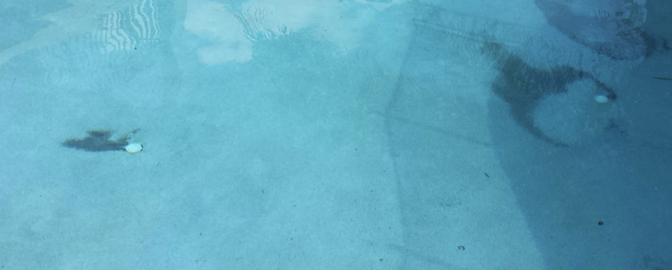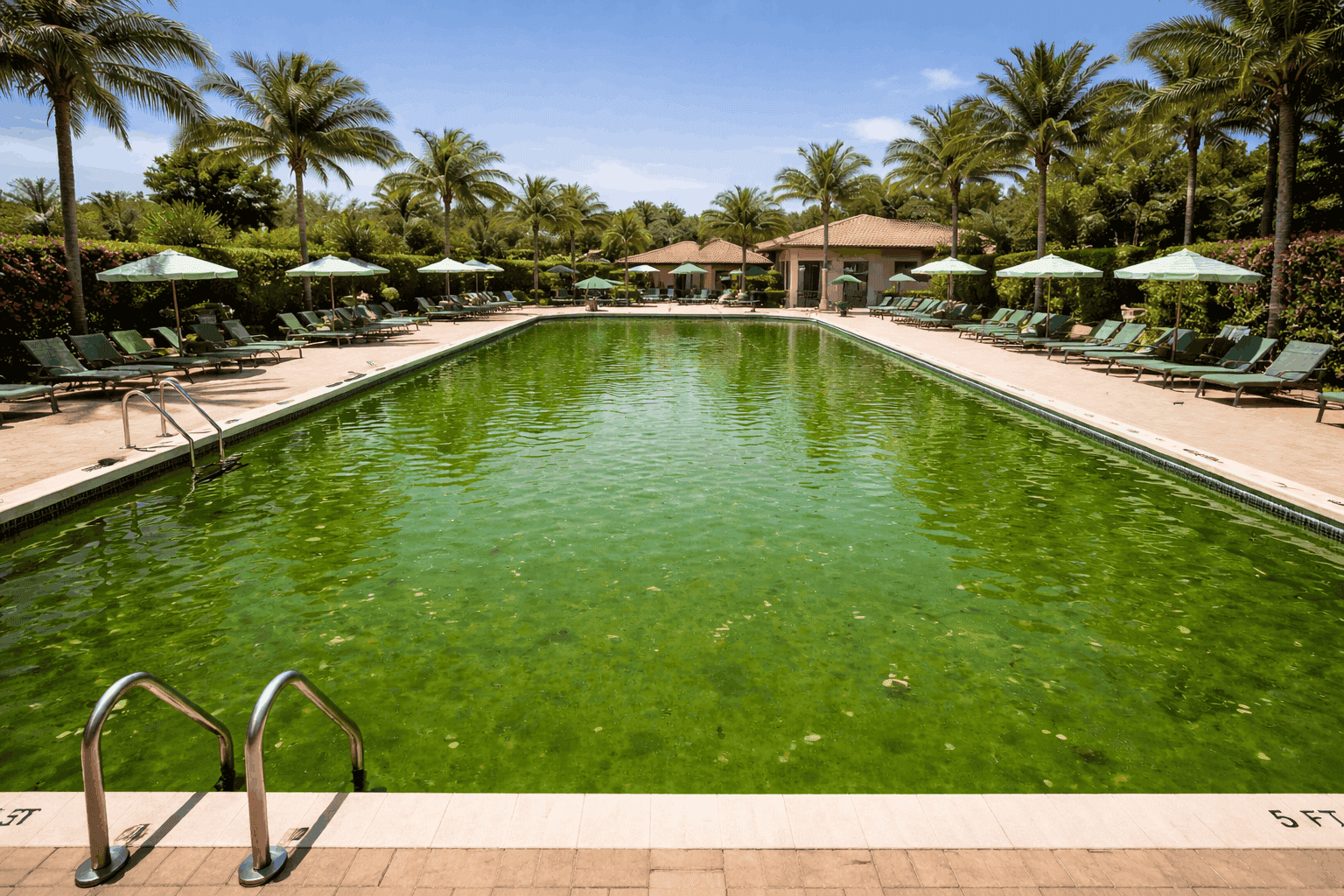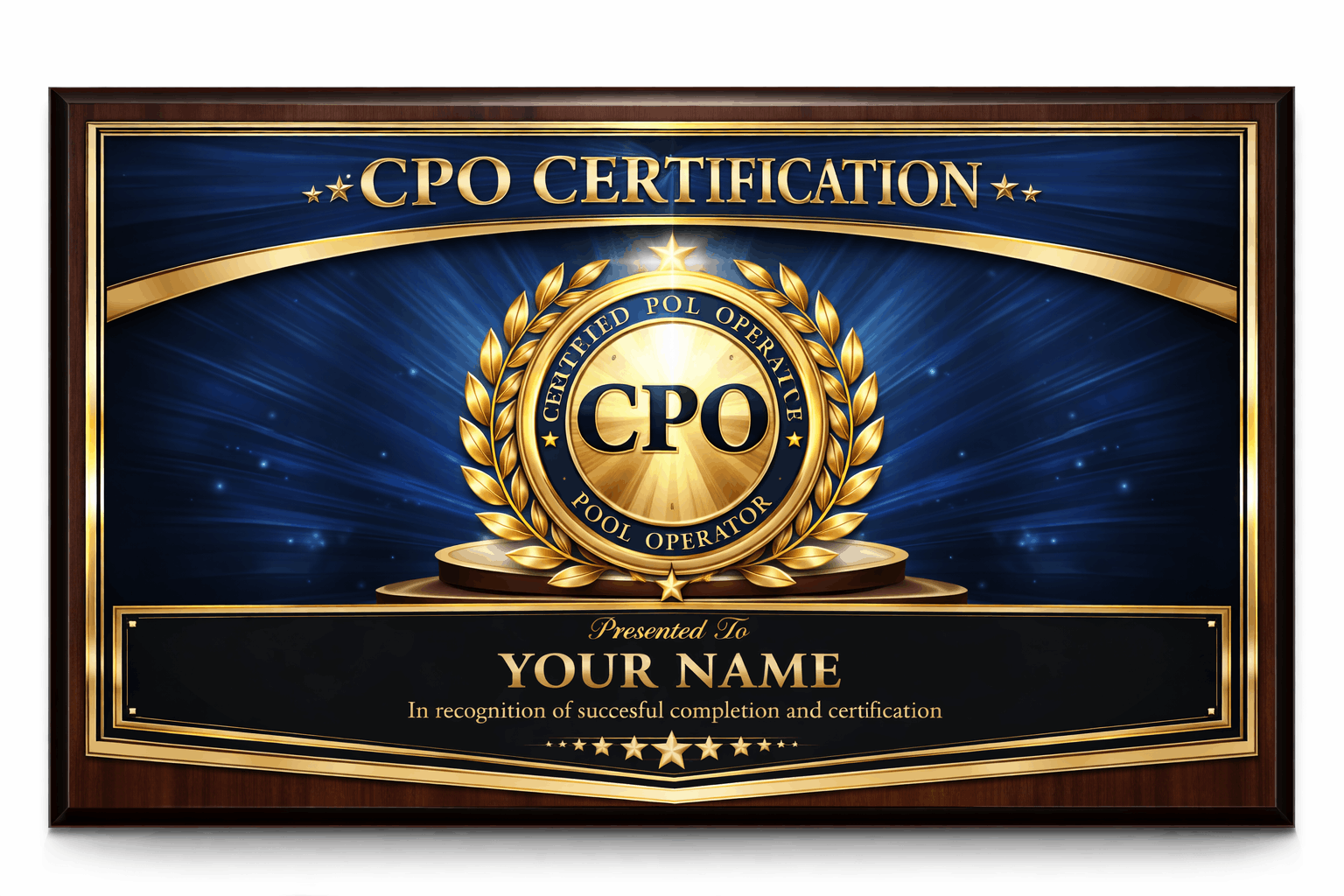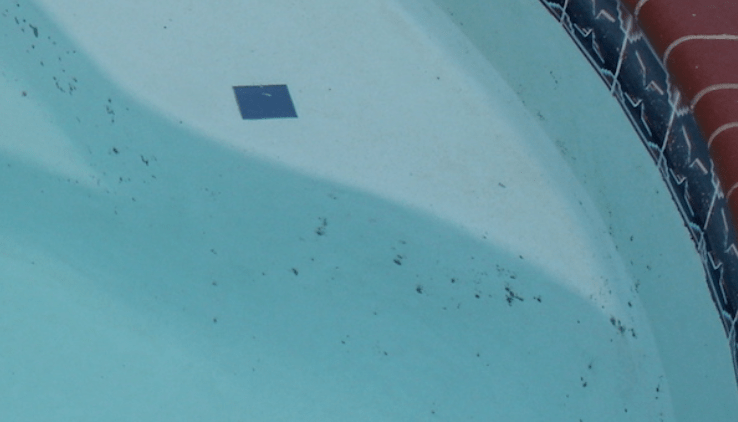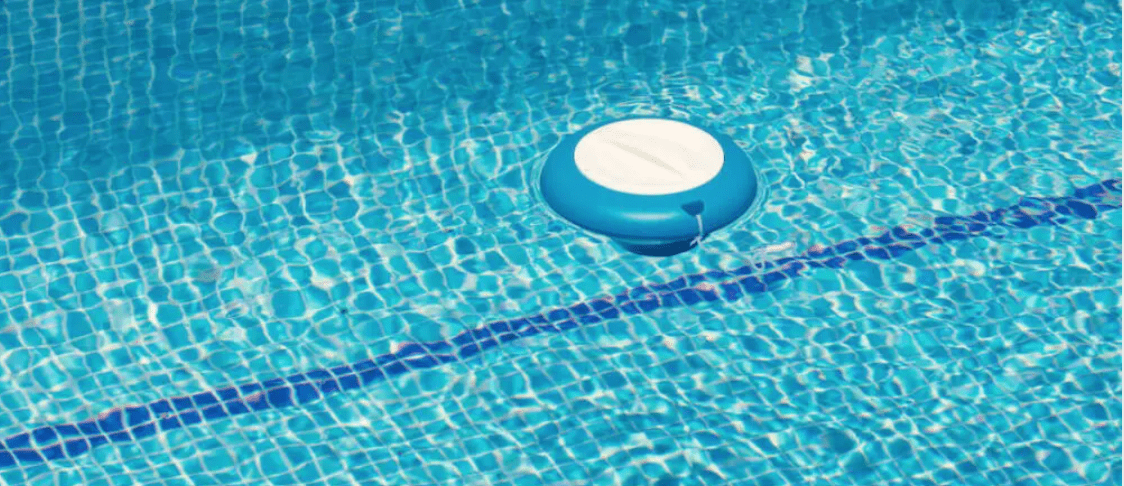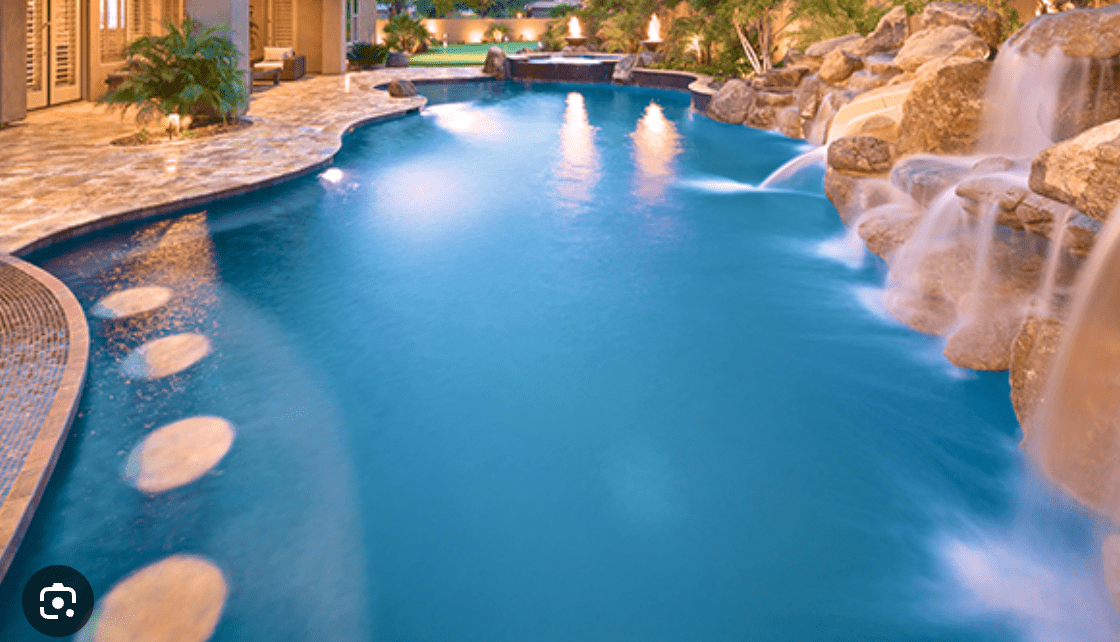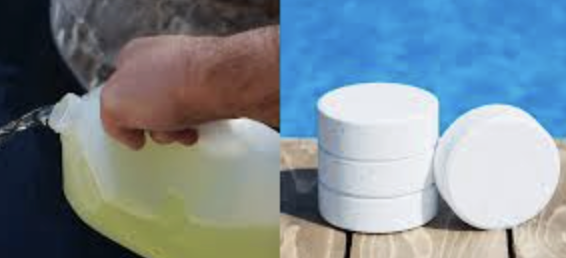When stains appear on pool liners or plaster surfaces, they typically fall into three categories: metals, organic matter, or mineral buildup. For example, iron often leaves brown or rust-colored marks, copper can create blue-green discoloration, and calcium deposits show up as white or gray scaling. Determining the source is critical before beginning treatment. Treating a metal stain like organic...
The Pool Shark H2O Commercial Pool Chemistry Blog
News & Updates

